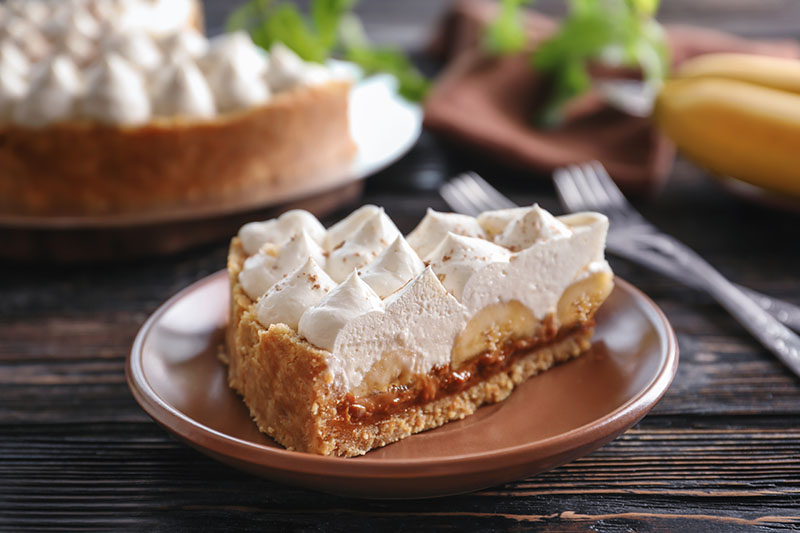Author of the book “My American Market”, Bruno Hug is certainly one of the most recognized amateur cooks in the French-speaking blogosphere. By reinterpreting traditional North American recipes, he makes them accessible to Europeans. Are you dreaming of TV-style pancakes, and wondering what Americans really eat for Thanksgiving? The blog Recette-Americaine.com has the answers.

Now that you’re the author of a cookbook, do you feel more legitimate to talk about gastronomy?
To be honest, no. I’m very proud of the fact that I’ve written a cookbook, but I feel that anyone who has a passion and has done enough research into it is entitled to talk about it.
I feel much more legitimate because of the energy I put into this blog, its longevity (7 years have just passed), and above all the point of honor I make of answering every comment whenever there’s a question. This last point is often highlighted as a strong point by those who appreciate the site.
Does being the recognized author of recipes allow you to be in the spotlight?
There was a slight increase in visits to my site during the “active” period of the book, but it’s mainly the work I’ve been doing since 2010 that gives me a readership. I think my answer would be totally different if I were the author of many books, like Cyril Lignac or Thierry Marx.
I don’t think cookbook authors have the same aura as they used to, because of the number of books that come out every year, but above all because of the non-reciprocal aspect of a book. On YouTube, or on a blog, you can chat with the author, share your point of view with other people, it’s much more interactive.
Has the publication of your book contributed to your overall reputation, and that of your blog?
This publication enabled me to get some exposure for a while, with articles in the press or on the radio. However, I feel that this quickly faded away, as the Internet is a medium that exists in a certain way a little apart.
It’s rare that people who discover my blog tell me about it, which proves that they’ve been attracted by something other than my book.
How do I protect a recipe?
All about protecting your culinary talent
Your recipes are strongly inspired by existing dishes, so what is your personal contribution?
The main part of my job is to test and make sure that the recipes are genuine. From the outset of Recette-americaine.com, the aim has been to enable the French to eat dishes as close as possible to what they would have tasted on the other side of the Atlantic.
Before publishing a recipe, there’s a lot of research to do, to compare recipes, to make sure that the end result is up to scratch (if I’ve already eaten it), and finally to adapt the ingredients as far as possible to what’s available in France.
During your visits to North America, is there a particular dish you’d like to reinterpret?
I’m a big fan of fried chicken and waffles, a dish typical of the southern states. It doesn’t correspond to the taste of the French, who often judge it without tasting it, and prefer to ignore it for obvious dietary reasons. I’d like to find out how to revisit it, perhaps by varying the flours used or the poultry.
| A word from the expert Recipes are not patentable, in the sense that you can’t obtain a patent that would give you a monopoly on them. All recipes can be taken up and reinterpreted, as Bruno Hug does. His work would not otherwise have been possible. However, thanks to publications on his blog and in a cookbook, Bruno Hug has become the author of the recipes he makes available to the public. The specific features of the American recipes published in this context, and the person of Bruno Hug, cannot be separated. To find out how your recipes are protected, consult our infographic, which details the current arrangements. With just a few clicks on YesMyPatent.com, you can find out whether your invention is eligible for patent protection. If so, a patentability study is the first step to successfully obtaining a patent for your invention. |
Protect your invention with us!
YesMyPatent.com, patenting in 3 clicks
